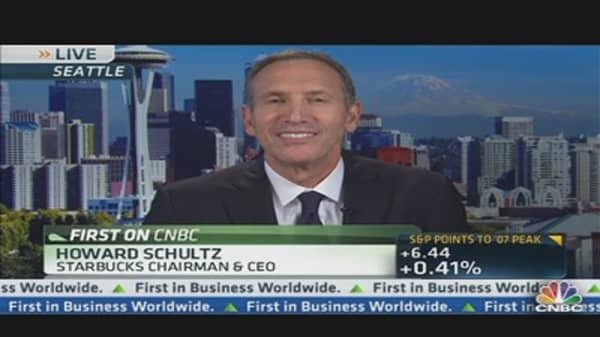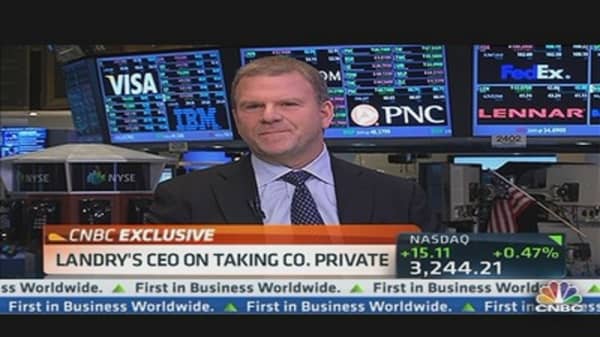The fight over an increase to the minimum-wage, which many small businesses pay their employees, has already begun in Congress. And small employers on both sides of the issue — armed with plenty of Tweets, videos, press releases and data — have entered the fray.
President Barack Obama has proposed raising the federal minimum wage to $9 from the current $7.25 per hour. The current level equals an annual income of about $15,000. The last minimum-wage increase to $7.25 was in July 2009.
Plenty of Detractors ...
The National Federation of Independent Business, which represents smaller employers and independent businesses, recently released an online video that highlights why raising the minimum wage is bad for small business and the bottom line. It was posted on YouTube last week and Tweeted.
On the video, NFIB's Chief Economist Bill Dunkelberg dismisses the often-used argument that raising the minimum wage fuels growth by giving low-income workers more money to spend in the economy, and lifts them out of poverty.
"Every dollar in minimum wage a worker receives comes out of the pockets of consumers in the community, so there is no overall increase in spending power as supporters have lead," Dunkelberg says.
Dunkelberg notes raising the minimum wage is a bad for business because the increase doesn't help the poor, most of whom aren't working; costs jobs; cuts job opportunities for the young; raises the price of goods produced with a lot of labor services; and reduces the purchasing power of consumers, when owners raise prices to cover increased costs.
(Read more: Subway 'Wouldn't Exist' If Started Today Due to Regulations: Founder Deluca)






